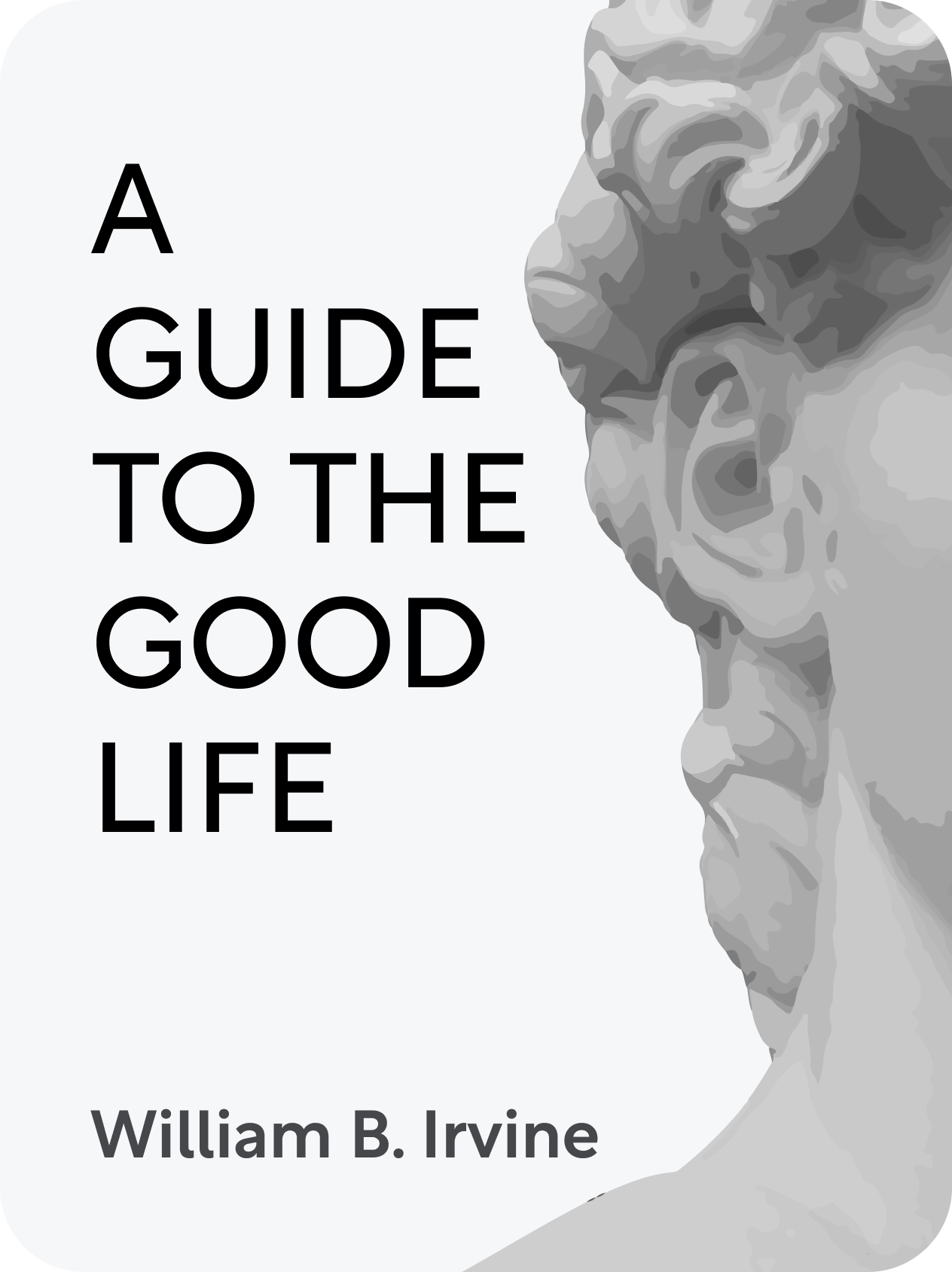Defining The Good Life: A Practical Guide

Table of Contents
Identifying Your Core Values
Understanding your core values is paramount to defining your good life. These are the deeply held beliefs and principles that guide your decisions and shape your priorities. A values-driven life is inherently more fulfilling than one driven by external pressures or fleeting desires. Examples of core values include family, health, creativity, learning, contribution, integrity, freedom, and adventure. But your personal values might be quite different.
To identify your core values, consider these exercises:
- Self-reflection journaling prompts: Ask yourself questions like: "What brings me genuine joy?", "What am I most proud of accomplishing?", "What qualities do I admire most in others?" and "What kind of impact do I want to have on the world?" Regular journaling helps uncover deeply held beliefs.
- Values clarification exercises: There are many online resources and worksheets that guide you through values clarification exercises. These often involve ranking or prioritizing different values to better understand your personal hierarchy.
- Analyzing past successes and moments of joy: Reflect on times you felt truly happy and fulfilled. What were you doing? What values were being expressed? These moments often reveal your core values.
This core values assessment is the foundation for building a purposeful living strategy. By understanding your priorities, you can start building a life that truly aligns with who you are.
Setting Meaningful Goals
Once you've identified your core values, it's time to translate them into actionable goals. This process connects your inner compass (your values) to your outward actions. Use the SMART goal method to ensure your goals are effective:
- Specific: Clearly define what you want to achieve.
- Measurable: Establish ways to track your progress.
- Achievable: Set realistic goals that challenge you without overwhelming you.
- Relevant: Ensure your goals align with your core values and overall life purpose.
- Time-bound: Set deadlines to create a sense of urgency and accountability.
Here are some examples of goals aligned with different values:
- Family: Spend quality time with loved ones weekly – schedule a family dinner or game night.
- Health: Exercise regularly and maintain a healthy diet – plan weekly workouts and meal prep.
- Creativity: Dedicate 30 minutes each day to a creative pursuit – writing, painting, playing music.
Effective goal setting is crucial for achieving a fulfilling life. Meaningful goals provide direction and a sense of accomplishment, driving you closer to the life you envision.
Cultivating Positive Relationships
Strong relationships are a cornerstone of a fulfilling life. Meaningful relationships provide support, love, companionship, and a sense of belonging. Nurturing existing relationships and building new connections are essential for your overall well-being.
To improve your relationships, focus on:
- Active listening: Pay attention to what others are saying, both verbally and nonverbally.
- Open communication: Express your thoughts and feelings honestly and respectfully.
- Empathy and understanding: Try to see things from others' perspectives.
Invest time and effort in building and maintaining strong social connections. These meaningful relationships will enrich your life and provide a strong support system during challenging times.
Practicing Self-Care and Mindfulness
Self-care is not selfish; it’s essential for overall well-being and achieving the good life. Prioritizing your physical and mental health allows you to show up fully in all areas of your life. This includes stress management techniques as well.
Examples of self-care practices include:
- Exercise and healthy eating: Regular physical activity and a balanced diet are crucial for physical and mental health.
- Mindfulness meditation: Practicing mindfulness can reduce stress, improve focus, and increase self-awareness. Even a few minutes a day can make a difference.
- Hobbies and relaxation techniques: Engage in activities you enjoy, such as reading, spending time in nature, or listening to music.
By incorporating regular self-care practices, you can build resilience, reduce stress, and improve your overall quality of life.
Contributing to Something Larger Than Yourself
Giving back to your community or contributing to a cause you believe in brings a profound sense of purpose and fulfillment. Engaging in acts of service connects you to something larger than yourself and provides a sense of meaning beyond personal achievement.
Examples of contributing include:
- Volunteering: Dedicate time to a cause you care about.
- Philanthropy: Donate to organizations that align with your values.
- Mentorship: Share your knowledge and experience with others.
This social contribution can significantly enhance your sense of purpose and well-being, enriching your definition of the good life.
Conclusion
Defining and achieving the good life is a deeply personal journey. This article highlights key aspects: identifying core values, setting meaningful goals, nurturing positive relationships, practicing self-care, and contributing to something larger than yourself. Remember, your good life is unique to you. There's no single blueprint.
Start your journey towards creating your good life today. Take one small step – perhaps by reflecting on your core values or setting a single, meaningful goal. Begin living a good life, one purposeful step at a time.

Featured Posts
-
 Monte Carlo Masters Alcaraz Triumphs Over Davidovich Fokina Advances To Final
May 31, 2025
Monte Carlo Masters Alcaraz Triumphs Over Davidovich Fokina Advances To Final
May 31, 2025 -
 How To Achieve The Good Life A Step By Step Approach
May 31, 2025
How To Achieve The Good Life A Step By Step Approach
May 31, 2025 -
 Who Warns New Covid 19 Variant Fueling Case Increases Globally
May 31, 2025
Who Warns New Covid 19 Variant Fueling Case Increases Globally
May 31, 2025 -
 Cyberpunk 2 What We Know About Cd Projekt Reds Sequel
May 31, 2025
Cyberpunk 2 What We Know About Cd Projekt Reds Sequel
May 31, 2025 -
 Iberdrola And Spains Grid A Finger Pointing Frenzy After Nationwide Blackout
May 31, 2025
Iberdrola And Spains Grid A Finger Pointing Frenzy After Nationwide Blackout
May 31, 2025
